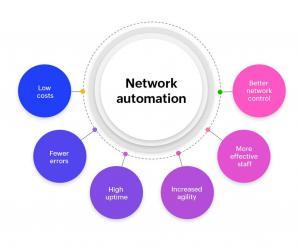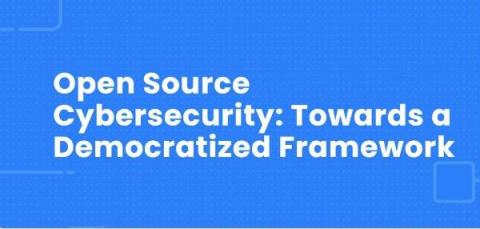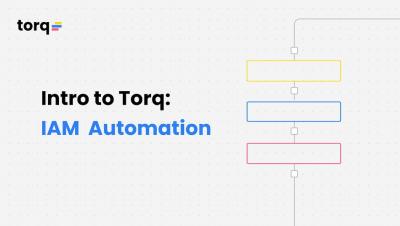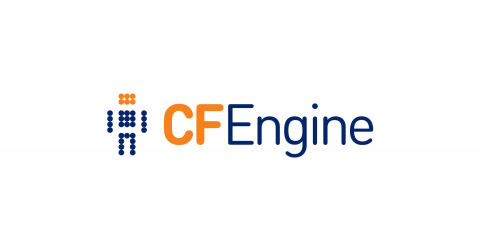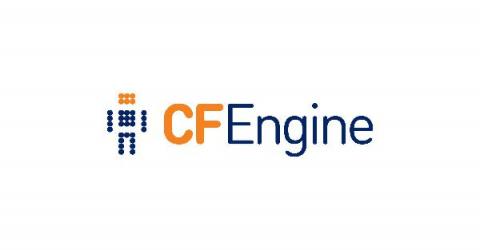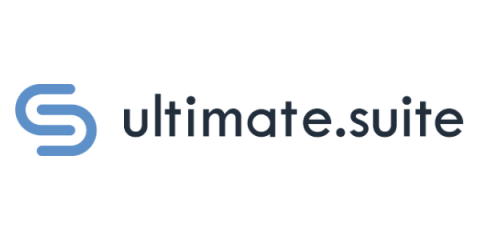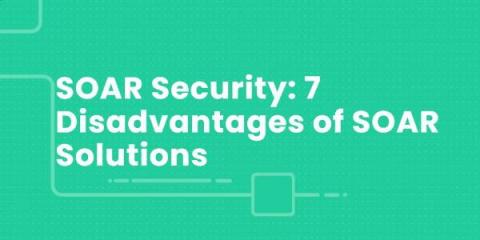Network automation tools
“Automation applied to an inefficient operation will magnify the inefficiency.” – Bill Gates A network, as we all know, is the connection of multiple devices to share information between them. While it’s a major task to manually manage every device connected to a network, a software-based feature called network automation can be utilized to help overcome this challenge.


